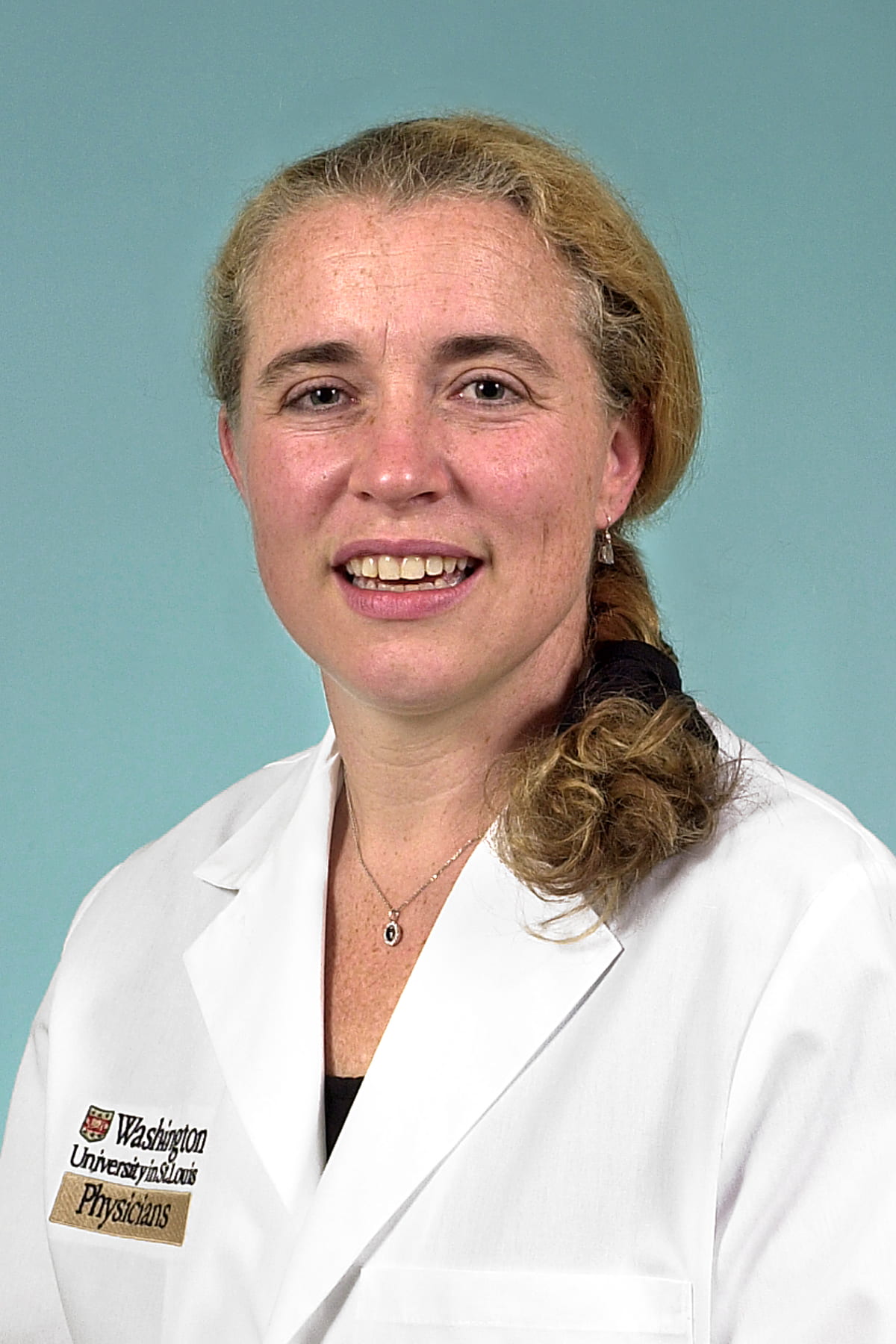Written by Amber Lee, undergraduate in human development at Cornell University and participant in the Institute for Public Health Summer Research Program

Dr. S. Eliza Halcomb Dunn discussed the importance of understanding global food insecurity in the context of public health. The implications of food insecurity are far-reaching, and projected human population growth rates predict that population growth will only continue to increase. These trends warrant the attention and urgency for public health advocates to address social inequities that result from food insecurity and malnutrition.
One strategy to increase food supply is to funnel resources into promoting environmental awareness and supporting agricultural development. However, various environmental and agricultural strategies are widely debated for their potential benefits and possible drawbacks, resulting in ambivalence among the general public and a slow response to a morbid problem. Dr. Dunn addressed the issue of insufficient evidence and research, and highlighted the importance of understanding how to navigate claims supporting skepticism. Dr. Dunn walked us through examples of research publications which provide evidence that contradicts the information initially presented in the abstract. Researchers bear the responsibility to provide credible evidence and safeguard against potentially deleterious effects of misinformation.

Dr. Dunn’s seminar also reiterated the key points of last week’s visit to Operation Food Search, and was an informative reminder of the importance of promoting food security across borders and in our local communities. Towards the end of her presentation, Dr. Dunn mentioned the United Nations’ 17 Sustainable Development Goals, highlighting the goals that promote access to food and nutrition. Food-related morbidity and mortality rates are disproportionately high in both developing countries and underserved areas of relatively wealthy countries. By working to achieve the Sustainable Development Goals, many public health social inequities–domestic or international– may be resolved.